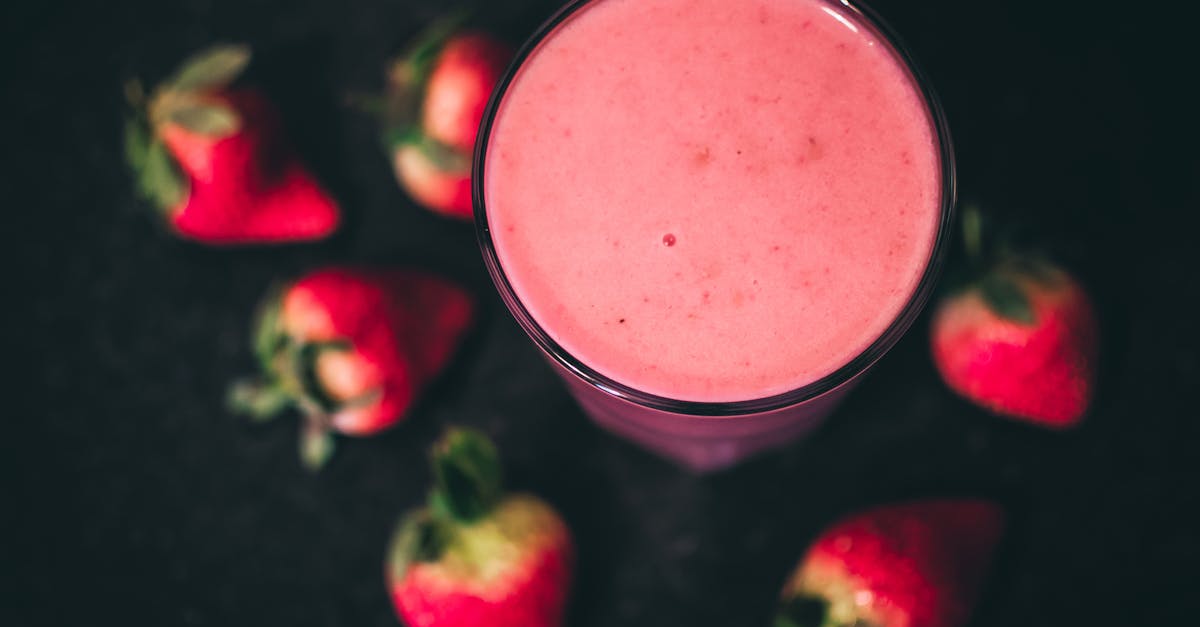Introducing solid foods to your baby is an exciting milestone, especially when you’re looking to support their growth and development. At seven months, babies are often ready to explore a variety of flavors and textures. If you’re concerned about your baby’s weight gain or simply want to ensure they are getting enough nutrition, here are ten delicious food recipes designed specifically for weight gain in 7-month-old babies.
| Recipe Name | Main Ingredients | Benefits |
|---|---|---|
| Avocado Banana Mash | Avocado, Banana | Healthy fats and potassium |
| Sweet Potato Puree | Sweet Potato, Breast Milk/Formula | Rich in vitamins and fiber |
| Oatmeal with Fruits | Oats, Apples, Pears | Good source of fiber and energy |
| Pea and Rice Mash | Peas, Rice, Olive Oil | Protein and healthy fats |
| Chicken and Vegetable Puree | Chicken, Carrots, Potatoes | High in protein and nutrients |
| Quinoa and Spinach Mix | Quinoa, Spinach, Breast Milk/Formula | Complete protein and iron |
| Yogurt with Fruit | Plain Yogurt, Berries | Calcium and probiotics |
| Nut Butter and Banana Spread | Nut Butter, Banana, Bread | Healthy fats and energy |
| Creamy Cauliflower Mash | Cauliflower, Cream, Butter | Vitamins and healthy fats |
| Apple and Cinnamon Porridge | Apples, Cinnamon, Oats | Fiber and antioxidants |
Avocado Banana Mash
This creamy blend combines the healthy fats from avocados and the natural sweetness of bananas. Simply mash a ripe avocado and banana together until smooth. This dish is rich in calories and nutrients, making it an excellent choice for promoting weight gain in your baby.

Sweet Potato Puree
Sweet potatoes are not only delicious but also packed with vitamins and fiber. Steam or bake sweet potatoes until tender, then puree them with a little breast milk or formula to achieve the desired consistency. This meal is sure to provide your baby with energy and essential nutrients.

Oatmeal with Fruits
Cook oats and mix them with finely chopped apples and pears for a wholesome breakfast option. Oats are a great source of fiber and will keep your baby feeling full longer, while the fruits add natural sweetness and additional vitamins.

Pea and Rice Mash
Combining peas and rice creates a protein-rich meal that supports healthy growth. Cook the peas and rice together, then mash them with a drizzle of olive oil for added healthy fats. This dish is nutritious and easy for your baby to digest.

Chicken and Vegetable Puree
For a savory option, blend cooked chicken with carrots and potatoes. This protein-rich meal is not only beneficial for weight gain but also offers a variety of essential vitamins. Make sure to blend it to a smooth consistency for your baby’s enjoyment.

Quinoa and Spinach Mix
Quinoa is a complete protein source, making it an excellent addition to your baby’s diet. Cook quinoa and mix it with steamed spinach, then blend with a little breast milk or formula for a nutritious meal packed with iron and other nutrients.

Yogurt with Fruit
Plain yogurt is a great source of calcium and probiotics, which are important for your baby’s digestive health. Mix in some mashed berries for added flavor and nutrition. This is a perfect snack or dessert option that your baby will love.

Nut Butter and Banana Spread
Spread a thin layer of nut butter on whole grain bread and top it with banana slices. This combination is loaded with healthy fats and energy, making it a fantastic option for a filling meal or snack. Ensure there are no choking hazards by slicing the bread appropriately.

Creamy Cauliflower Mash
For a creamy and nutritious side dish, steam cauliflower until soft, then blend with a bit of cream and butter. This dish is not only high in vitamins but also offers a smooth texture that babies love.

Apple and Cinnamon Porridge
Cook oats with diced apples and a sprinkle of cinnamon for a warm, comforting porridge. This recipe is perfect for breakfast and provides fiber, vitamins, and antioxidants, helping your baby feel satisfied and energized throughout the day.

FAQ
Can I add spices to my baby’s food?
Yes, you can introduce mild spices and herbs to your baby’s food to enhance flavors. Start with small amounts and observe for any reactions. Spices like cinnamon and nutmeg are generally safe and can add taste to recipes.
How can I ensure my baby is getting enough calories?
Incorporate healthy fats such as avocado, nut butters, and oils into your baby’s meals. Opt for calorie-dense foods like full-fat yogurt and purees made with meats and legumes. Monitor your baby’s growth and consult your pediatrician if you have concerns.
What should I do if my baby refuses to eat?
It’s common for babies to be picky eaters. Offer a variety of foods and try different textures. Be patient and continue to provide healthy options without pressure. Sometimes, it takes multiple attempts for a baby to accept a new food.
When should I introduce new foods?
You can introduce new foods every few days. This approach helps identify any food allergies and keeps mealtime exciting for your baby. Always consult your pediatrician before introducing new foods, especially common allergens.
For more information on baby nutrition and feeding guidelines, you can visit the [Centers for Disease Control and Prevention](https://www.cdc.gov/nutrition/infantsandtoddlers/index.html) and the [American Academy of Pediatrics](https://www.aap.org/en-us/Pages/Default.aspx).
